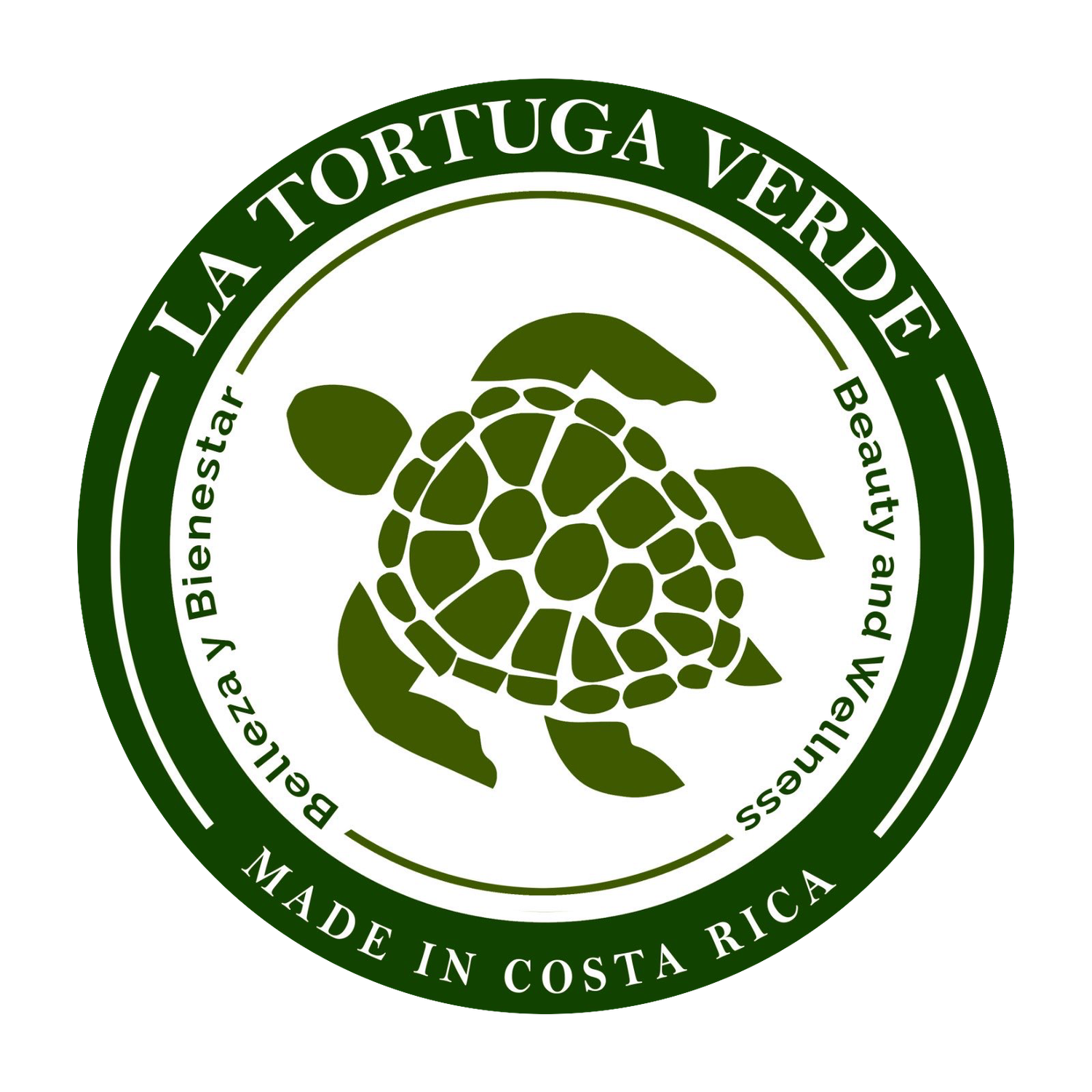Why We Don't Test on Animals.
The topic of animal testing in the beauty industry has been a point of contention for years. While some argue that it's necessary for product safety, others see it as an outdated and cruel practice. As a brand deeply committed to both the wellbeing of our consumers and ethical standards, we believe it's crucial to address this issue openly. In this blog, we'll delve into why we've taken a stand against animal testing, and why it's an integral part of our brand ethos.
Historical Context
Animal testing isn't a new phenomenon. In fact, it dates back to ancient times when philosophers like Aristotle carried out experiments on animals. In the modern era, the practice became widespread in the 20th century as the cosmetics industry boomed. It was a straightforward way to check for immediate adverse reactions before human trials. However, over the years, the ethical implications have become impossible to ignore. Thankfully, some milestones have been reached, like the EU banning animal testing on finished cosmetic products in 2004, which was a step in the right direction. But globally, the practice is far from eradicated.
The Ethical Dimension
Animal testing raises severe ethical concerns. Animals used in tests often undergo painful procedures, live in uncomfortable conditions, and are ultimately killed. These animals have no choice and no voice. Ethically, this presents a significant moral dilemma. Is it right to harm another sentient being for the sake of human vanity? At our core, we believe the answer is a resounding "no." Ethical considerations are not just a marketing angle for us; they are the bedrock upon which we've built our brand.
Our Brand's Philosophy
Our commitment to being cruelty-free goes beyond just a label. It's an integral part of who we are as a brand and reflects our overall philosophy of doing no harm—either to humans or animals. We've taken the steps to get our products certified by third-party organizations that audit and verify that no animals are harmed at any point during our production process. We also ensure that our suppliers adhere to these ethical standards, making our supply chain transparent and cruelty-free.
The Alternatives: Safe & Effective
Given the advancements in science and technology, animal testing is no longer the only route to ascertain product safety. Methods such as in-vitro testing and computer simulations offer reliable results without the ethical drawbacks. More and more companies are turning to these alternative methods, which not only uphold ethical standards but are often more accurate than their animal-testing counterparts.
Beyond the Label: What It Means to Be Cruelty-Free
Being cruelty-free extends beyond merely avoiding animal testing. It also entails ensuring that none of the raw materials used in the production are sourced from suppliers that employ animal testing. Periodic audits and certifications help maintain this standard, and third-party endorsements can offer additional assurance to consumers. It's a comprehensive approach that considers the entire lifecycle of a product, from the initial ingredient sourcing to the final product.
The Customer's Role
The power to effect change often lies in the hands of the consumer. By opting for products that are genuinely cruelty-free, you're not just making an ethical choice; you're also helping to influence the industry at large. Look for certifications and seals that indicate a brand's commitment to cruelty-free practices, and don't hesitate to ask questions or do your own research. Knowledge is power, and in this case, it's the power to do good.
Conclusion
In summary, our commitment to being cruelty-free isn't a marketing ploy—it's a deeply held conviction. We believe that beauty doesn't have to come at the expense of another being's suffering. By embracing alternative testing methods and maintaining a transparent supply chain, we aim to provide our customers with products that allow them to look good and feel good, both inside and out.
FAQ
What does cruelty-free mean?
It means that the product and its ingredients have not been tested on animals.
Are cruelty-free and vegan the same?
No, cruelty-free relates to animal testing, while vegan refers to the absence of any animal-derived ingredients.
How can I be sure a product is genuinely cruelty-free?
Look for third-party certifications or seals that indicate a brand's commitment to ethical practices.
Source: European Commission
Source: National Institutes of Health
Source: Leaping Bunny

